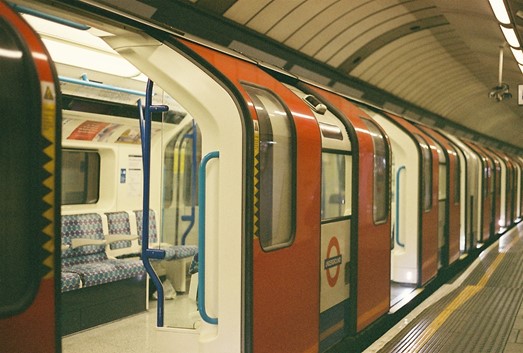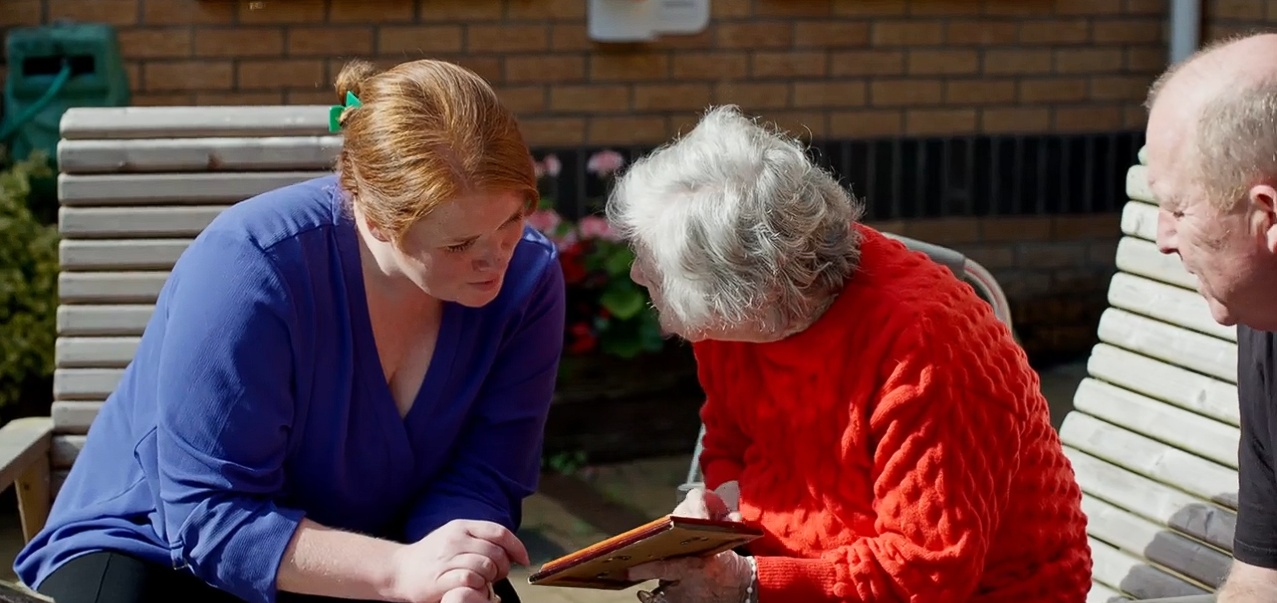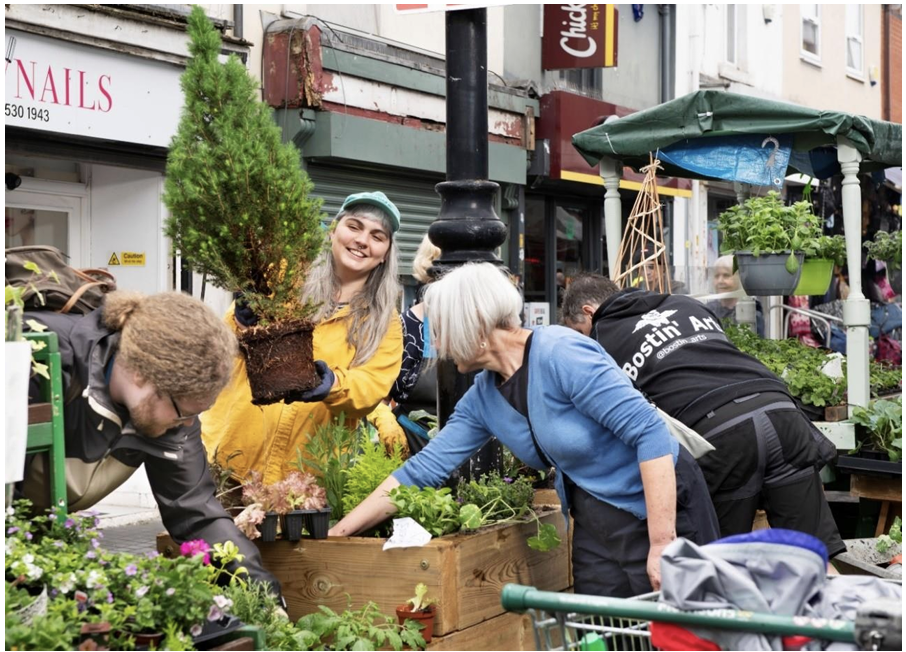
-
Source
You Decide - participatory budgeting in Tower Hamlets, London
Tower Hamlets is a dense urban administrative area in the East End of London. Despite being only five miles wide, it is home to almost 220 000 people speaking 110 languages. A participatory budgeting (PB) project known as You Decide! was carried out across the area in 2009–2010. Over £5 million was allocated to the project by the Government and the local Primary Care Trust over the two-year period.
The project had three key aims:
1. to improve perceptions and performance of local services by giving residents the power to design and choose priority services;
2. to help people from diverse backgrounds to participate in policy decision-making and improve their levels of involvement across other local authority services;
3. to improve local engagement in politics and in voluntary sector organizations.
Tower Hamlets is split into eight Local Area Partnership (LAP) areas, each of which was given an equal budget. To alert residents to the project, an advertising campaign involving press releases, posters, and leaflets was undertaken alongside a networked approach reaching out to community groups and other key contacts. Eight You Decide events took place, with 815 attendees. At each event, a menu of 33 services was presented, with information on what difference the additional funding would make should residents vote for it. Facilitators worked to encourage residents to talk to each other about the services on offer, and why they considered them important in the local area. This not only gave a voice to residents, but also enabled those involved in health care planning to better understand and respond to the perspectives of residents from diverse backgrounds. Discussions took place over food, adding a level of informality to the process.
Once residents had voted, the services nominated for funding drew up more detailed plans on how they were going to spend the funding, with further opportunities for resident input and revision.
An evaluation of the PB in 2009 found that almost two-thirds of the people who had participated felt that the process helped strengthen their level of influence over local services and their satisfaction with their local area, while 77% wanted the event repeated in the future. An evaluation in 2010 found that participants felt that they had developed skills linked to empowerment and that they could influence their local environment and services.
Photo by Maria Molinero on Unsplash




